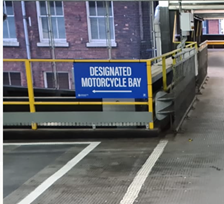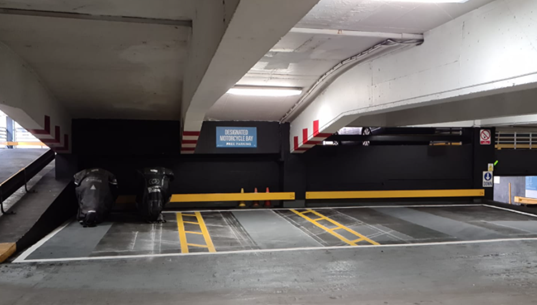The National Motorcycle Museum team wants to thank everyone who has given to both of our Covid-19 appeal raffles over the last year. As promised, following the recent announcement of HM Government’s “roadmap” out of restrictions, the funds raised are being used directly for the purpose of reopening the museum to visitors.
At the present time, and if the “roadmap” goes to plan, we intend to reopen the museum to visitors on Monday 17th May 2021.
INITIAL OPENING FROM MAY 2021.
Restrictions permitting, the museum collection, shop and restaurant will reopen on Monday 17th May 2021. Please visit www.thenmm.co.uk for further updates including opening hours.
HELP US TO RETURN TO NORMAL 7 DAY OPENING.
Whilst the funds raised so far will allow us to reopen in a limited way on 17/05/21, at the time of writing we have still only raised just over half of our original £500k reopening target.
As from Monday 21st June 2021, we would like to return to our normal 7 day a week opening hours.
Therefore we want to remind everyone about our ‘Museum Triumph over Adversity Recovery Appeal Raffle” which will help us achieve that aim.
Details of this important appeal can be seen below, and special thanks must go to our friends at Triumph Motorcycles for donating the brand new 2021 Triumph Trident 660 as a first prize.
1st Prize: Brand new 2021 Triumph Trident 660cc motorcycle.
Stunning new model donated by our friends at Triumph Motorcycles.
2nd Prize: 1978 Triumph Trident T160 750cc motorcycle.
Low mileage and only one previous owner.
3rd Prize: 1956 Triumph Tiger T100 500cc motorcycle.
Fresh from restoration in the museum’s workshop.
Images of all three prizes are attached for media use.
The prize draw for the “Triumph Over Adversity” appeal raffle will take place on Friday 25th June 2021 at The National Motorcycle Museum. Tickets cost £6.00 each and can be purchased online by visiting www.thenmm.co.uk
COVID-19 ROADMAP.
Like the rest of the UK, we are hoping that HM Government’s “roadmap” out of the current pandemic goes to plan, according to the dates set out.
However, given the ongoing uncertainty, we will regularly update reopening details on our website www.thenmm.co.uk and our social media channels.







